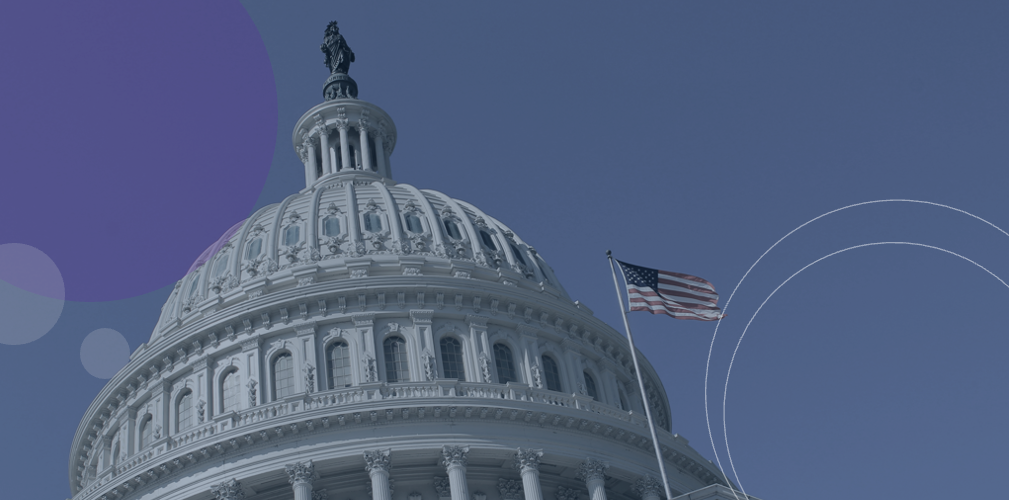Senate Republicans’ ambitious “Big, Beautiful Bill,” aimed at extending tax cuts and overhauling Medicaid, is encountering significant resistance due to proposed deep cuts to Medicaid and the potential impact on rural hospitals.
The bill proposes capping Medicaid provider taxes at 3.5% of net patient revenue, down from the current 6%, potentially leading to service cuts or closures in rural hospitals. In response, Senate Republicans have proposed a $15 billion fund to support rural hospitals, allocating $3 billion annually from 2027 to 203.
However, this proposal has not assuaged concerns among moderate Republicans and hospital leaders. Sen. Susan Collins (R-ME) says the proposed rural hospital relief fund is not adequate to make up for tens of billions of dollars in federal Medicaid funding cuts in the proposed bill. “The Finance Committee has not made a final decision. It is accurate that I believe we need [a] $100 billion provider-relief fund. I don’t think that solves the entire problem. The Senate cuts in Medicaid are far deeper than the House cuts, and I think that’s problematic as well,” she said. Additionally, the Senate parliamentarian has ruled that several provisions in the bill violate the Byrd Rule, requiring 60 votes to pass, which complicates the reconciliation process. There is no telling if Senate Republicans would make a rare move and override the Senate parliamentarian with a procedural motion of 51 votes. Also, only one Senate parliamentarian has ever been fired and you can count on one hand how many times the Senate has ignored the parliamentarian procedural rulings.
Key Takeaways for Hospital and Health System Leaders:
- Potential Impact on Medicaid Funding: The proposed cap on provider taxes could significantly reduce Medicaid funding, particularly affecting rural hospitals.
- Uncertainty in Legislative Process: With the Senate parliamentarian’s rulings and internal GOP disagreements, the bill’s future remains uncertain.
- Need for Advocacy: Hospital leaders should engage with policymakers to express concerns and advocate for provisions that support healthcare access, especially in rural areas.
As the Senate continues to negotiate the bill, hospital and health system leaders must stay informed and proactive in addressing potential challenges to Medicaid funding and rural healthcare services.
